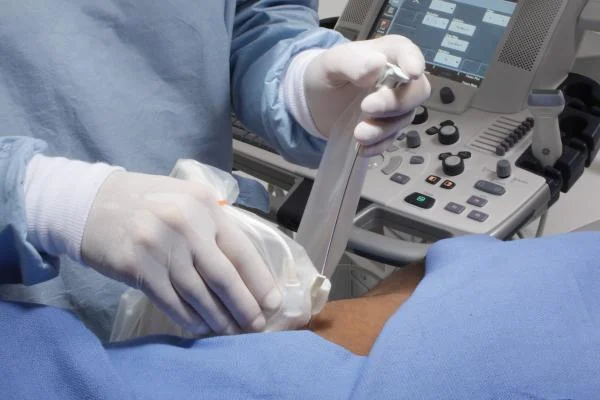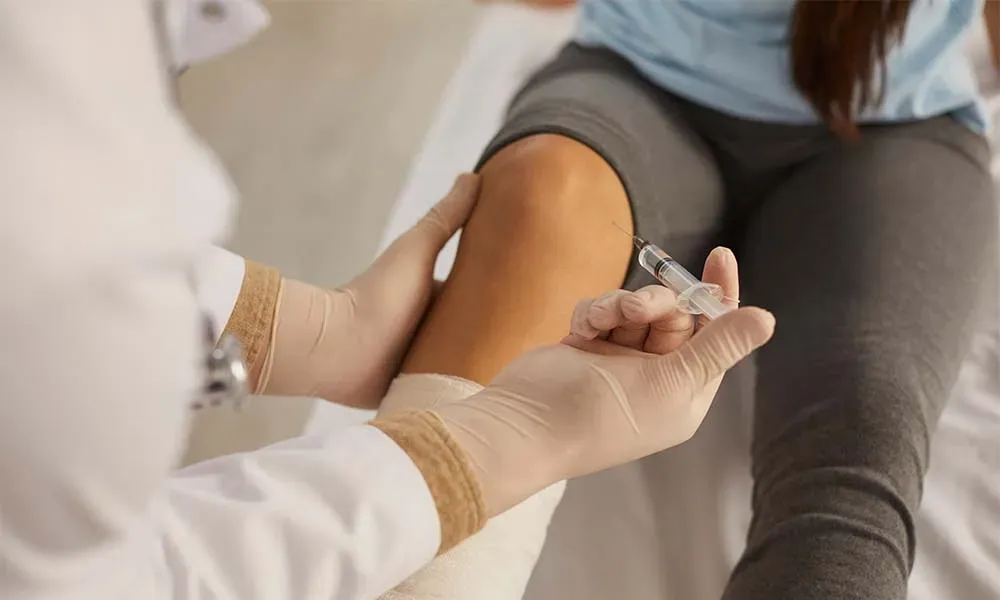Pain is a harsh reality in the fight against cancer. It can be relentless, but it does not have to be. There are experts dedicated to managing this pain. These heroes are known as pain management specialists. One of their tools is the nerve block Houston. This technique can offer a ray of hope to those battling the torment of cancer-related pain. This blog aims to shed light on the crucial role they play in the journey towards recovery.
Who Are Pain Management Specialists?
Pain management specialists are medical doctors who focus on pain relief. They use methods that go beyond medications. They use treatments like nerve blocks, physical therapy, and even psychological support. Their goal is to improve the quality of life for those facing pain.
How Can They Help?
Pain management specialists can help in many ways. They can provide a nerve block, like the one offered in Houston. They can also offer other treatments. These might include physical therapy or psychological support. They work to manage pain. This can let patients focus on healing. They aim to improve the patient’s quality of life.
What is Nerve Block?

A nerve block is a type of treatment. It helps manage pain. The procedure involves injecting medication into a specific area of the body. This can block pain signals from reaching the brain. The National Cancer Institute reports that nerve blocks can be highly effective in managing cancer-related pain.
Comparison between Medication and Nerve Block
| MEDICATION | NERVE BLOCK | |
| Effectiveness | Varies, may need frequent dosage | High, long-lasting relief |
| Side effects | Possible, including nausea, constipation | Minimal, localized numbness |
| Cost | Depends on the medication | Higher upfront, but may reduce need for medication |
Conclusion
Cancer comes with pain. But pain can be managed. Pain management specialists provide hope. They use tools like the nerve block to offer relief. They improve the quality of life for cancer patients. They help patients focus on recovery.




